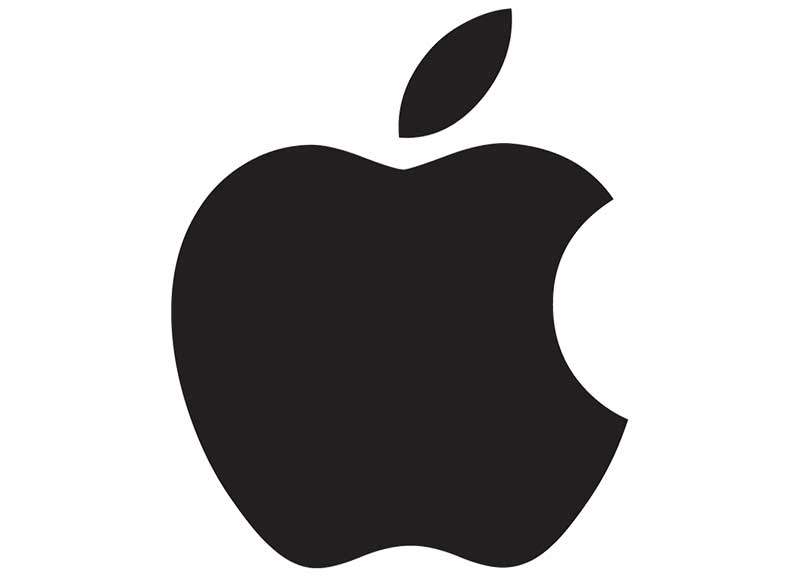The world’s first trillion-dollar company, Apple, has suffered an embarrassing hack by an Aussie teen. The company is known to be highly security conscious, yet a teenager from Melbourne was able to hack into the company’s network’s and steal over 90 GB of data over the course of a year.
Investigators discovered the hacker had ‘authorization keys’ on his computer, stored in a folder called ‘hacky hack hack’, and bragged of his accomplishments on WhatsApp. He admitted to the investigators that his dream was to work for Apple.
Apple contacted the FBI after discovering the breach, who in turn contacted the Australian Federal Police. Working together they soon caught the teenager, whose name is being withheld as he is a minor and may be placed in danger if details were released.
The Australian Federal Police raided his home, finding a variety of Apple computers, mobiles and drives, which matched IDs from the attack. The teenager pleaded guilty in court and is now awaiting sentencing. The company claims that no customer personal data was compromised,
The attack follows the news that a group of hackers named Lazarus is said to be behind a crypto-coin stealing malware targeting Macs known as AppleJeus, adapted from a Windows virus. Lazarus is believed to have ties to North Korea.
The last time Apple faced serious security issues was in 2014 when four hackers admitted to using social engineering ‘phishing’ emails to steal female celebrities’ nude photos, including Jennifer Lawrence and Kin Kardashian, from their iCloud accounts. Known as the ‘Fappening’, hundreds of images were released on the 4Chan website and the hackers have all received between eight-month to 18-month sentences between them.
The latest incident shows that even the most security conscious company is not immune from determined hackers, who are increasingly using ever more sophisticated methods to bypass security. More than ever, it is imperative that business train their staff to recognise social engineering phishing attacks as a last line of defence and to have an effective recovery system in placeto reduce downtime and lost profits.
Most experts recommend that recovery tools and services make up at least 20% of your network security budget to quickly recover from any loss of data and to prevent downtime.
Globalnet works with businesses throughout London, Essex, Kent and Herts to ensure their data and networks are secure from all threats. Call us on 0203 005 9650 today to find out how we can provide the right protection for you.
Globalnet aims to be an integral part of your success, providing the best business advice, superior IT support and technology to help you reach your goals.


